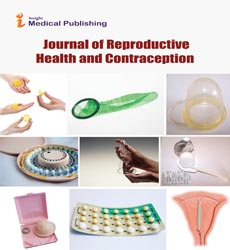How effective is the use of the elemental diet compared to corticosteroid therapy
Salaam motin
Institute Norwich medical school, NR4 7TJ, United Kingdom
Received Date: 2022-03-10 | Accepted Date: 2022-03-14 | Published Date: 2022-03-18Salaam Motin
Institute Norwich medical school, NR4 7TJ, United Kingdom
Received: March 10, 2022; Accepted: March 14, 2022; Published: March 18, 2022
Abstract
Introduction:
Crohn’s disease is an inflammatory bowel disease causing transmural inflammation within the gastrointestinal tract. Corticosteroid therapy is used to treat exacerbations of crohn’s but has many side effects. The elemental diet, containing essential basic nutrient forms is a recognised alternative treatment.1 This research explores its effectiveness and investigate potential mechanisms.
Methods:
Two randomised control trials found with 3 MESH terms (“Foods, Formulated”, “Crohn disease”, “steroids”, yielding 87 results) comparing the elemental diet and corticosteroids since RCTs provide the highest hierarchy of evidence. Both compared the two treatments for acute management, and one compares them for long term management too, making them useful to investigate the effectiveness of the elemental diet. The first involves 21 acutely ill patients with an exacerbation of crohn’s disease randomly allocated to receive prednisolone 0.75mg/kg/day or and elemental diet for 4 weeks.2 The second trial was similar, looking at 42 patients with active disease and built on the relationship by assessing the probability of maintaining remission at 6 months.4
Open Access Journals
- Aquaculture & Veterinary Science
- Chemistry & Chemical Sciences
- Clinical Sciences
- Engineering
- General Science
- Genetics & Molecular Biology
- Health Care & Nursing
- Immunology & Microbiology
- Materials Science
- Mathematics & Physics
- Medical Sciences
- Neurology & Psychiatry
- Oncology & Cancer Science
- Pharmaceutical Sciences
